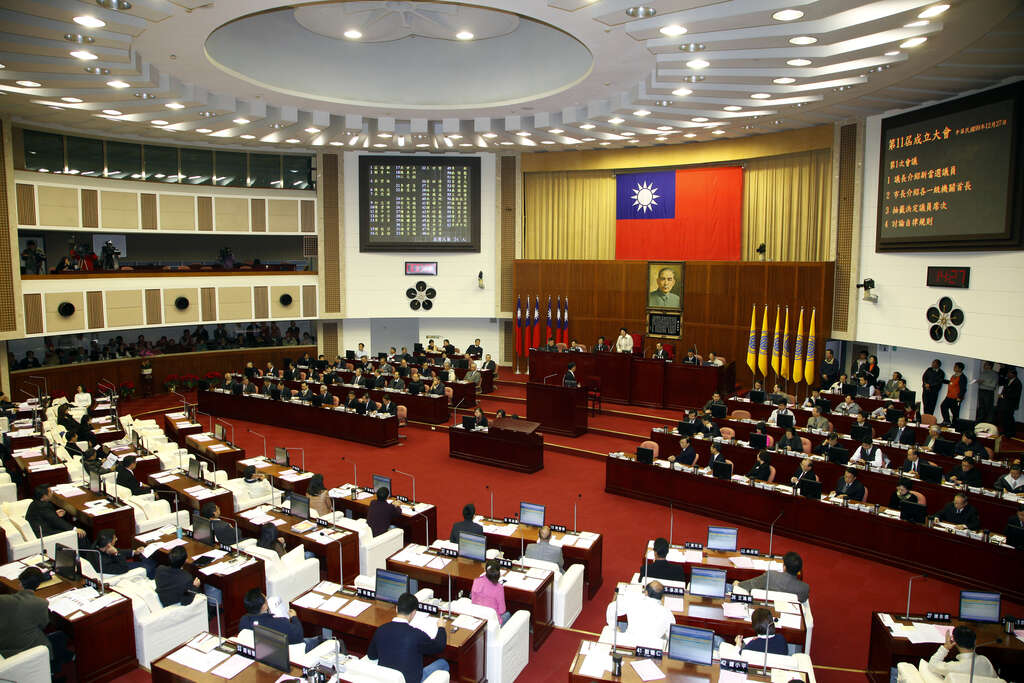Taipei City Council Introduction
In the early period of Taiwan's recovery, to establish the foundation for local autonomy, the Taiwan Provincial Government announced the "Plan for the Establishment of Various Levels of Public Opinion Organizations in Taiwan" on December 26, 1945. Based on the "Organization Regulations for City Councils" and "Senator Election Regulations" published by the National Government, the Taipei City Council was established on April 15, 1946. Although the council was a public opinion organization, it was merely advisory at that time. After the National Government relocated to Taiwan on December 7, 1949, the local autonomy system did not operate according to the constitutional framework. On April 24, 1950, a new set of "Guidelines for the Implementation of Local Autonomy in Various Counties and Cities in Taiwan" was promulgated as the basis for promoting local autonomy in Taiwan, leading to the era of provincial municipalities and city councils. On July 1, 1967, Taipei City was upgraded from a provincial municipality to a direct-controlled municipality. Until the first direct-controlled city council was established (on December 25, 1969), it was a transitional period during which the Taipei City Interim Council exercised its authority. However, the legal system regarding local autonomy for direct-controlled municipalities was not fully developed, relying instead on administrative orders— notably the "Organizational Guidelines for Various Levels of Taipei City and the Implementation of Local Autonomy" issued by the Executive Yuan on June 22, 1967—as the legal source for local self-government. On July 29, 1994, the "Act for the Autonomous Municipality" came into effect, providing legal guarantees for the Taipei City Council regarding legislative authority, fiscal oversight, and administrative supervision, thus truly implementing the stipulation of Article 118 of the Constitution that "the autonomy of direct-controlled municipalities shall be stipulated by law." In response to the trend of decentralization between central and local governments, the "Local System Act" was promulgated on January 25, 1999, integrating the regulations for the autonomy of direct-controlled municipalities and provincial counties (cities), opening a new chapter in the history of local autonomy development in Taiwan. The Taipei City Council, as the local legislative body, represents the citizens in supervising municipal governance, with district councilors representing a diverse society exercising legislative power. Through proposal, discussion, debate, and negotiation processes, in accordance with the democratic principle of "obeying the majority and respecting the minority," diverse public opinion can become policies and laws followed by citizens, safeguarding the rights and interests of local residents. In recent years, the council has dedicated itself to reflecting public opinion, supervising municipal governance, fostering harmonious government-council relations, promoting political party consultation, and enhancing urban exchanges, while also striving to improve transparency and e-Government processes. It aims to urge the city government to promote benefits, eliminate disadvantages, enhance the welfare of citizens, and improve the quality of life of citizens through legislative supervision, fulfilling the responsibilities of local legislative bodies. (Source: Taipei City Council)














